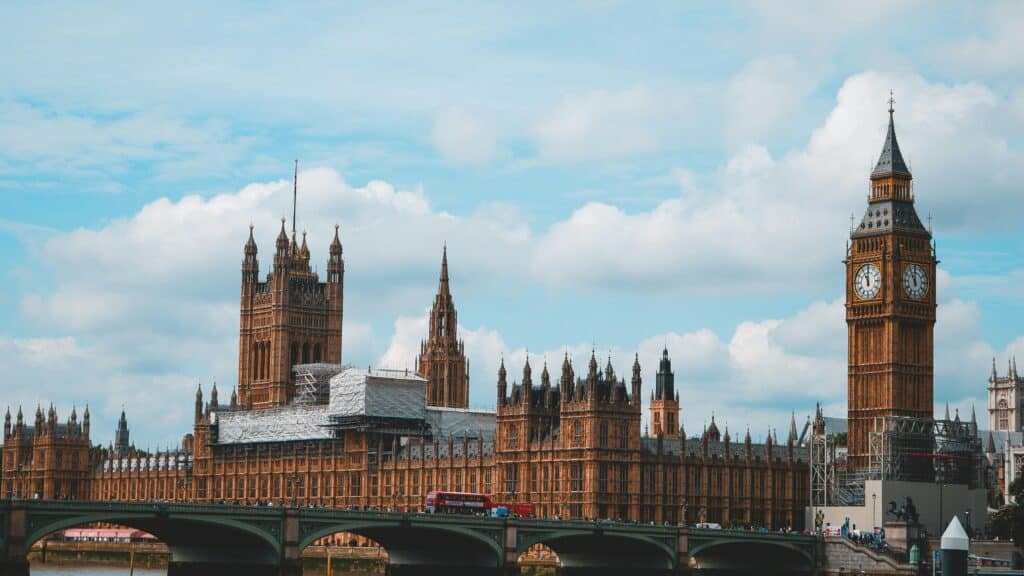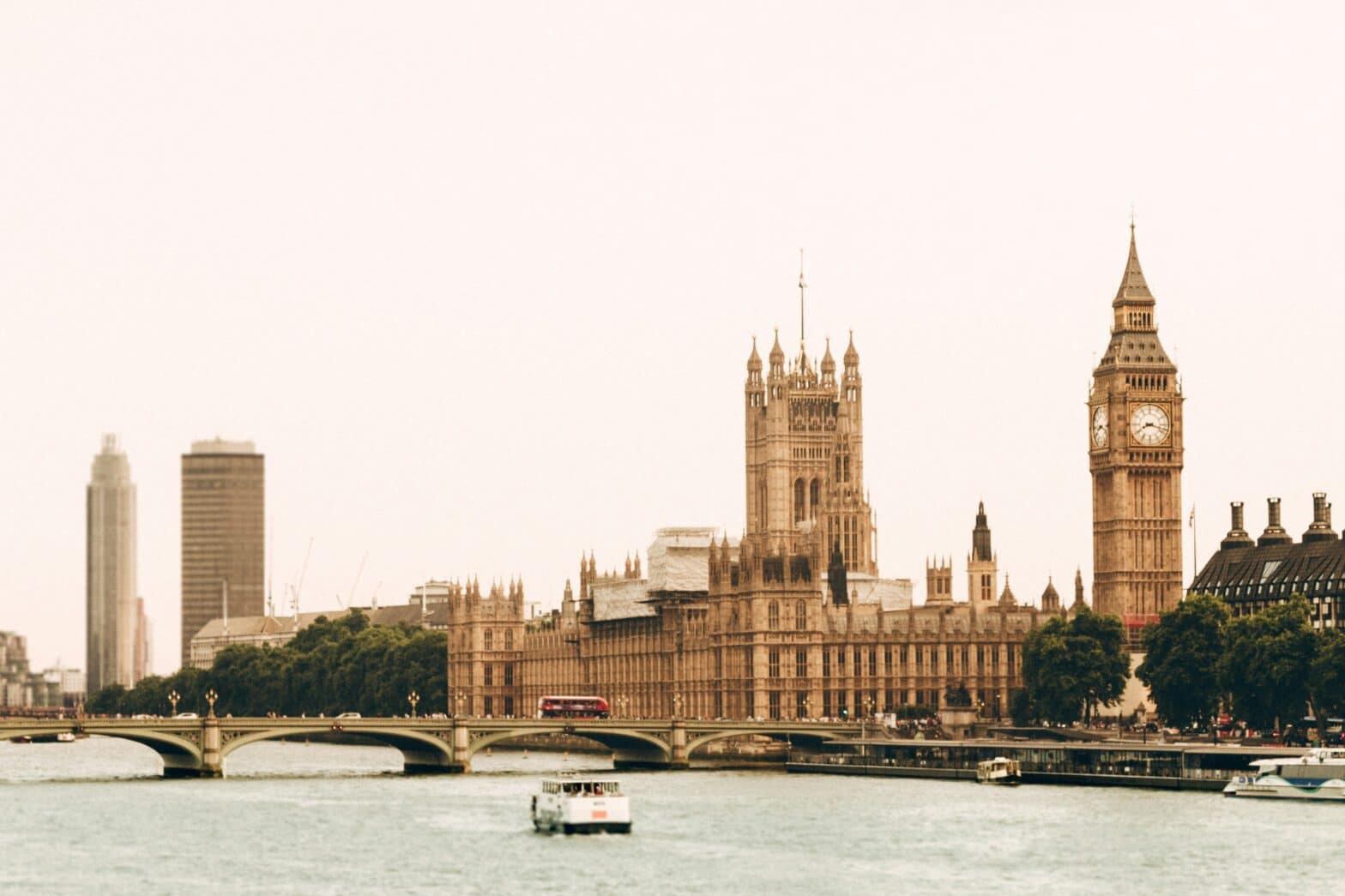The ‘Big Smoke’ has always been a seductive attraction for expatriates venturing here for a short stay or a few years. In London, the world city par excellence, alongside an extraordinary array of professional opportunities, you’ll discover vibrant multiculturalism; you’ll enjoy the possibility of an extensive social life; you’ll explore a resplendent cultural heritage. In short, you’ll soak up the electrically charged everyday life of the British capital! Here are a few tips to help you navigate daily life in London.
Living in London: the pros, the cons
The (big) pros
- An immense cultural, historical and architectural heritage
- A very dynamic city!
- An extensive and efficient public transport network
- Numerous career opportunities, with high salaries for skilled jobs
- Universities of excellence!
- A truly cosmopolitan city (the most multicultural in England), home to no fewer than 287 ethnic groups and nationalities
- London is home to many green spaces and parks (Hyde Park; Richmond Park; Battersea Park, etc.). It was designated the world’s first National Park City
- Accessible public services (health, education, etc.)
- Art is everywhere: in museums, galleries and on the streets!
- And… it doesn’t rain that much: London has the least rainfall of any city in the UK!
The (small) cons
- Cost of living: London is one of the most expensive cities in the world (especially for rents and transportation).
- London is a very large city and transport times can be very long
- Although there are plenty of job offers, the competition is fierce!
- The hectic pace of life
- Fickle weather!
- The pollution
London vs Paris
The English and French capitals are two major cosmopolitan cities that are highly attractive to expatriates. Just like Paris, London, boasts an exceptional cultural heritage: for example, it has 240 museums compared to Paris’ 153. The French capital is, however, ahead of its English rival when it comes to gastronomy, offering a wider range of culinary delights than London. While the number of start-ups and investments have increased in Paris in recent years, London’s financial and business sectors remain very attractive to investors and traders, despite Brexit. It is also a much more dynamic and sprawling city than Paris. The cost of living is very high in both cities, but Paris remains (by far) more affordable than its neighbour across the Channel, especially when it comes to housing and education. Finally, London beats Paris when it comes to green spaces: the British capital boasts many more and much larger green spaces than the French capital.
London vs Manchester
The cost of living in Manchester is much lower than in London: this is one of the advantages of relocating outside the British capital. This is particularly true of rents and food prices. In terms of public transport, Manchester is less well equipped than London, but is expected to catch up with its English rival by 2030 through the development of its transport network. While ‘Manny’ is known for its dynamic cultural scene and vibrant nightlife, London surpasses it for the variety and quantity of its cultural offerings. England’s second city also offers fewer professional opportunities and the pace of life is undoubtedly less frenetic. Some may prefer London’s cosmopolitanism and cultural attractions while others may enjoy the excitement that surrounds Manchester United and Manchester City football matches (football fans beware!).
Accommodation in London
There is an abundance and variety of property on offer… and it’s expensive! Although there is a wide range of accommodation to rent or buy in London’s various neighbourhoods (studios, houses, flats alone, shared flats, homeshare schemes, etc.), the cost is high. For this reason, many expats decide to share accommodation to reduce their housing costs.
The property market is very dynamic in London, just as in other major capitals such as Paris and there is much competition. This is why you need to be proactive and organized when setting out house hunting.
To make your search for accommodation more effective, be clear about your selection criteria (area, price, needs, etc.) while remaining flexible, and consider using the services of an estate agent.
It is common for landlords to carry out background checks on tenants: the aim is to check with your previous landlord and your employer that you will be a reliable tenant. Make sure that the deposit you are asked to pay is with an independent organisation that specialises in managing deposits (Tenancy Deposit Scheme), such as My Deposits.
Water, electricity, gas, telephone and internet are not included in the rent. Council Tax, which is used to fund local public services, has to be paid by the tenant.
Useful links:
Spareroom (shared flat)
Where to live in London
Choosing the best area in which to live as an expat in London depends on several factors, including your preferences, your profile and your budget. Families will appreciate Westminster, a prestigious and expensive area but close to many parks and tourist attractions, or South Kensington, which is equally posh but offers a wide range of activities and is home to prestigious schools. For more peace and quiet (and greenery!), Hamstead, Greenwich and Richmond offer pleasant family living environments. Expat couples or singles will appreciate the hipster district of Shoreditch, or Canary Wharf, popular with financiers, or the very eclectic Camden. For a trendy, bohemian lifestyle, head to Notting Hill, and for a taste of London’s bourgeois charm, opt for the very upmarket districts of Fulham and Chelsea!

Daily life in London
The cost of living
London is one of the world’s most expensive cities. However, the cost of living depends on where you live: the closer you are to the centre (zone 1), the more expensive it is. The biggest expense in London is undoubtedly accommodation, which costs an average of £2141.35 for a one-bedroom flat in the city centre and around £4451.32 for a three-bedroom flat. In addition to rent, you have to pay all utilities (water, electricity, gas and council tax). The second biggest expense is public transport (not that owning a car is any cheaper!). For zones 1-2 – the ‘centre’ of the English capital – (London has 9 charging zones), you’ll need to spend £147.50 per month for public transport. Another major expense for expat families is childcare. A full-time month in a nursery costs an average of £1,840.34, while international primary school fees generally range from £11,500 to £33,000 per year.
When it comes to food and restaurants, however, there’s something for everyone and every taste!
Getting around
London has one of the densest and most efficient public transport networks in the world, making it easy for residents to get around this sprawling city.
The Tube is the fastest and easiest way to get from one part of the city to another, with 11 lines serving all 9 areas of the capital. Fares vary depending on the time of day, the distance travelled and the type of ticket (Oyster card/contactless payment/single ticket). Remember to buy a rechargeable Oyster card – it’s probably the cheapest option! London buses are also a convenient way to get around the city.
For travel in the London suburbs and beyond, trains are a good alternative.
Cycling is also a great way to get around the city, and those looking for more flexibility and comfort can opt for the capital’s famous ‘black cabs’.
Finally, owning a car to get around the capital remains a viable but expensive option in the capital.
Useful links:
https://tfl.gov.uk/modes/cycling/santander-cycles
Live in London with your family
Childcare
There are several childcare options for children aged 0-4: childminders; public nurseries (rarely accessible to expats) or private nurseries (day nurseries from 3 months; kindergartens from two years); nannies (full-time nanny/part-time nanny/live-in nanny/live-out nanny/nanny share). Childminders and nanny shares are generally the most affordable options.
Education
As in most European countries, you can choose between state schools, which are funded by the government, and public schools, which are fee-paying (and expensive). Your choice of school will therefore depend on your budget, as well as your language preferences. London is home to some of the best schools in the world, including Harrow School, King’s College School Wimbledon and Westminster. If you prefer to opt for international schools for curriculum and language reasons, you’ll be spoilt for choice! The International School of London, the Southbank International School and the Lycée français Charles de Gaulle, offer high-quality teaching from primary to secondary school.
Working in London
Since 2020, the United Kingdom is no longer part of the European Union, and those who do not have settled or pre-settled status (a type of residence permit) will have to apply for a work permit, which is based on a points system as in Canada or Australia..
Despite Brexit, the London job market remains highly attractive, dynamic and competitive. London offers great career opportunities in a wide range of sectors, including finance, hospitality, and education. To find a job, it is essential to speak English, unless you can find an international company where other languages are required or if you have a particular skill that is rare and in demand. The working week generally varies between 37.5 and 48 hours.
Healthcare in the UK capital
In London, as in the rest of the UK, for greater flexibility and efficiency, the best option for expatriates is to take out international health insurance, which acts as a supplement to the National Health Service.
The city’s best hospitals
Here are the top 3 public hospitals in London, as ranked by Newsweek in 2024:
